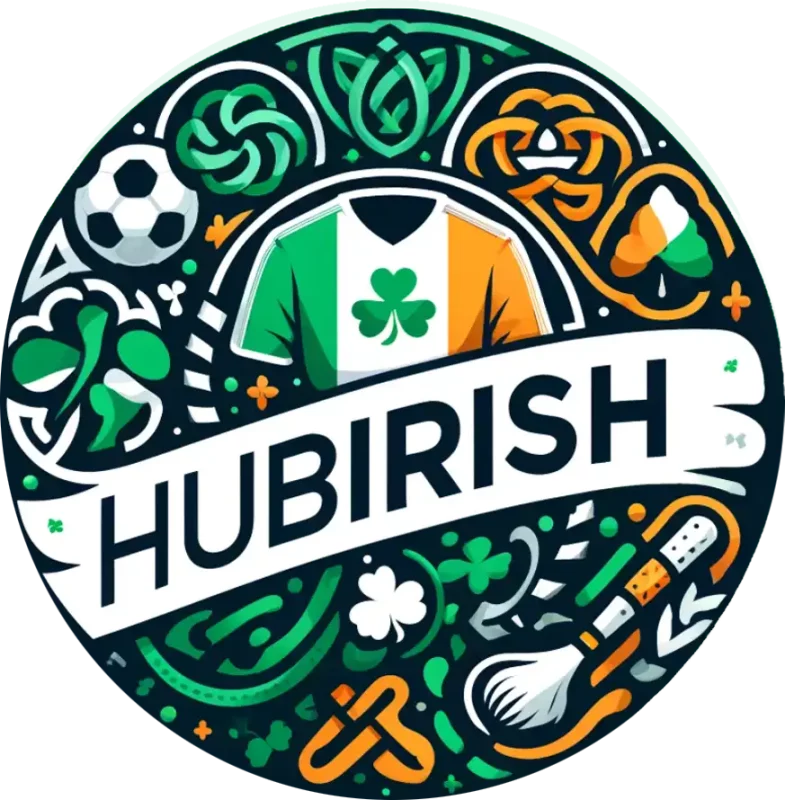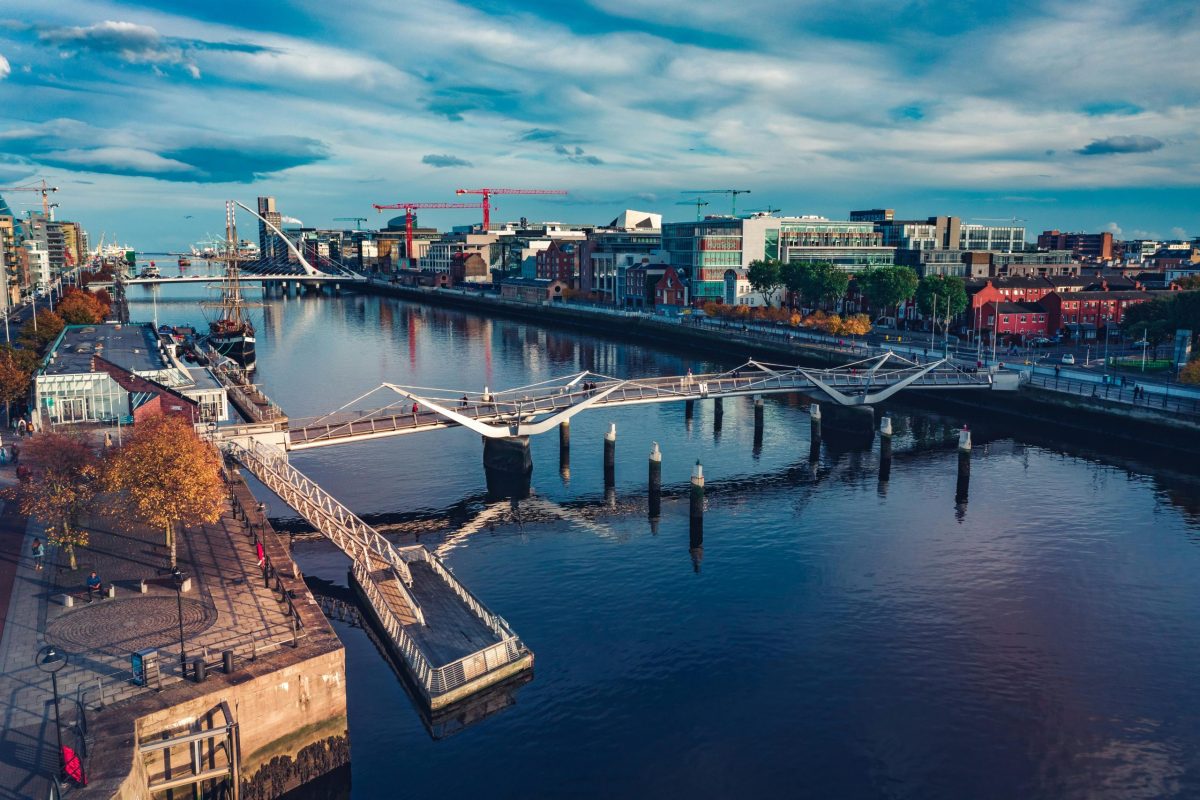Uncategorized
Whiskey and Wailing: Remembering Ireland’s Rebels
Whiskey, Wounds, and Wailing: The Souls of Ireland’s Forgotten Rebels
Estimated reading time: 6 minutes
Key Takeaways
- The rebels of 1916 fought not for glory, but for identity.
- Modern struggles in Ireland echo the sacrifices of past generations.
- Rebel songs serve as vital cultural connections to history.
Table of Contents
Introduction
The Heart of the Story
The Wider Echo
The Now & The Next
Did You Know?
FAQs
Final Word
Introduction
In the corner of a smoky pub in Galway, the air thick with the scent of whiskey and whispered tales, one can almost hear the wails of rebellion echoing through generations. Here we gather not just to drink but to remember — to toast the wounds still healing, the hearts still aching, and the souls still crying out for recognition. This is where the rebels live on, in our stories, our songs, and yes, in our very bones.
The Heart of the Story
Let’s journey back to a time steeped in urgency, when young men from Galway answered the call of rebellion with the echoes of their forefathers ringing in their ears. The year was 1916, and the streets of Dublin were alive with fervent cries for freedom while the damp air held on tight to the scent of gunpowder and the weight of lost dreams. These young souls were not seeking glory; they were chasing something far deeper, a sense of identity, a stitch in the fabric of an Ireland that had long been torn. As they charged forward, hearts ablaze, they wove a narrative of pain, bravery, and hope that would sing through the decades.
The Wider Echo
The years rolled on, and the wailing turned to a low hum, echoing down the generations. Today, as the world crumbles and circumstances spin out of control, the ghosts of those rebels linger like a firefly in the twilight, illuminating our struggle for identity. The housing crisis, the fight for rights, the push against an unrecognizable past — they all unite us in our Irishness. We echo the words of the poet: “Our revenge will be the laughter of our children.” It’s about pride, it’s about understanding our history, and it’s about the choice to carry the torch forward.
The Now & The Next
These forgotten rebels remind us that every drop spilled and every tear shed was not in vain. Right now, as young folk from Kerry don their county jerseys, their hearts swell with dreams of greatness — dreams that connect with the past. A game in a Brooklyn park, a GAA match in Melbourne, or an impromptu session in a Dublin pub — this is where the blood and sweat of past rebels meet the grit of modern Ireland. Here, in these moments, we find our own rebellion: the refusal to forget, to go silent. We rise with every chant, every song, and every memory of those who came before us.
Did You Know?
- Over 500,000 Irish emigrants left for America during the Great Famine, marking one of the largest migrations in history.
- The first GAA All-Ireland Championship took place in 1887, shaping the heart of Irish sports culture.
FAQs
How can I learn more about the history of Irish rebels?
Dive into books, history podcasts, or local clubs to connect with like-minded souls sharing tales of rebellion. You might just stumble across a piece of Donegal history that ignites your passion.
What is the significance of rebel songs in Irish culture?
Rebel songs are not just music; they’re a celebration of resilience. Each stanza carries the weight of history and the joy of the present, capturing the spirit that runs through our veins like a fine Irish whiskey.
Final Word
So, raise your glass and let the echoes of our forgotten rebels remind you: every story matters, every song is a thread in our shared identity. If you carry the same pride we do, you’ll find a piece of home waiting at
HubIrish.com.

